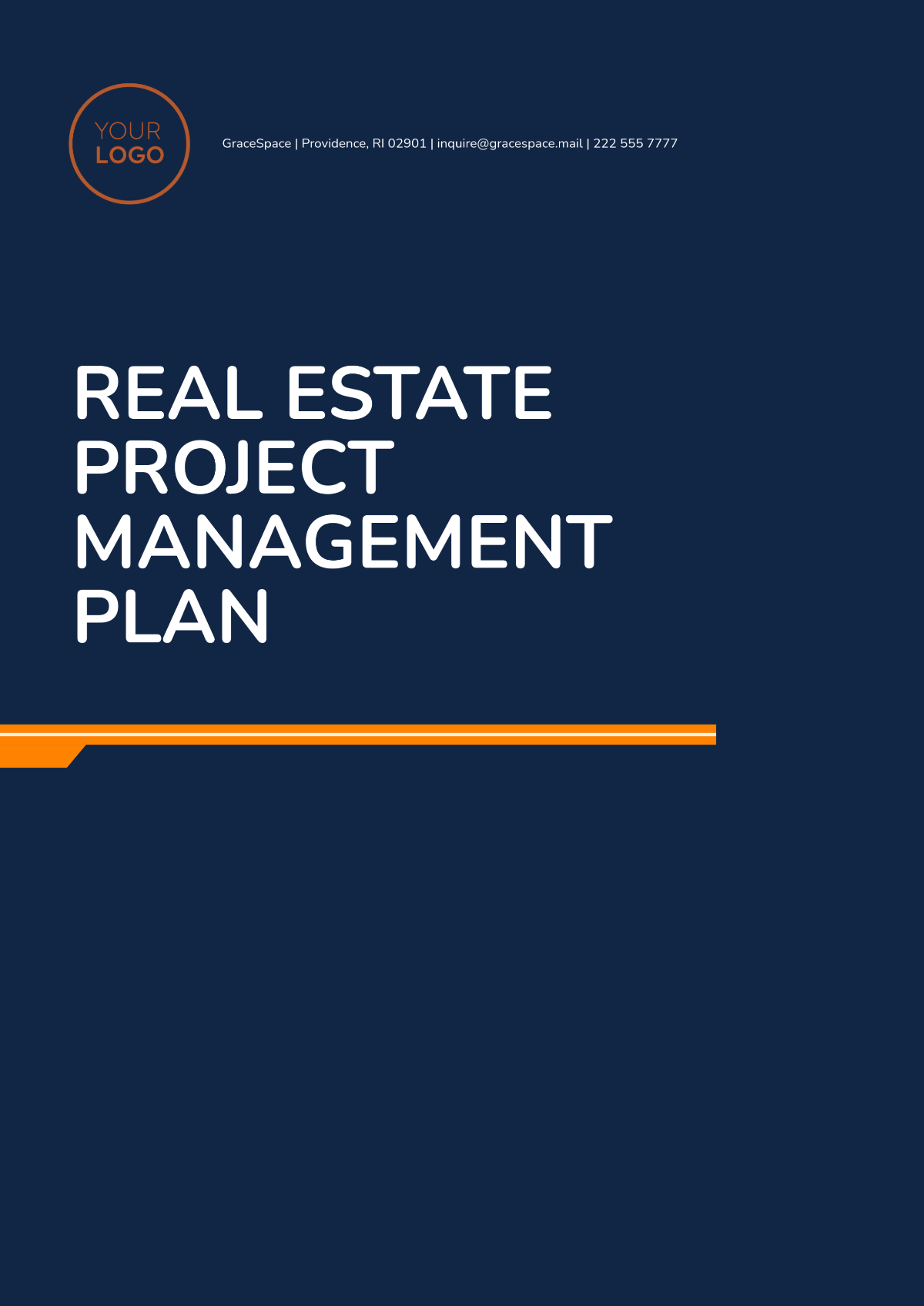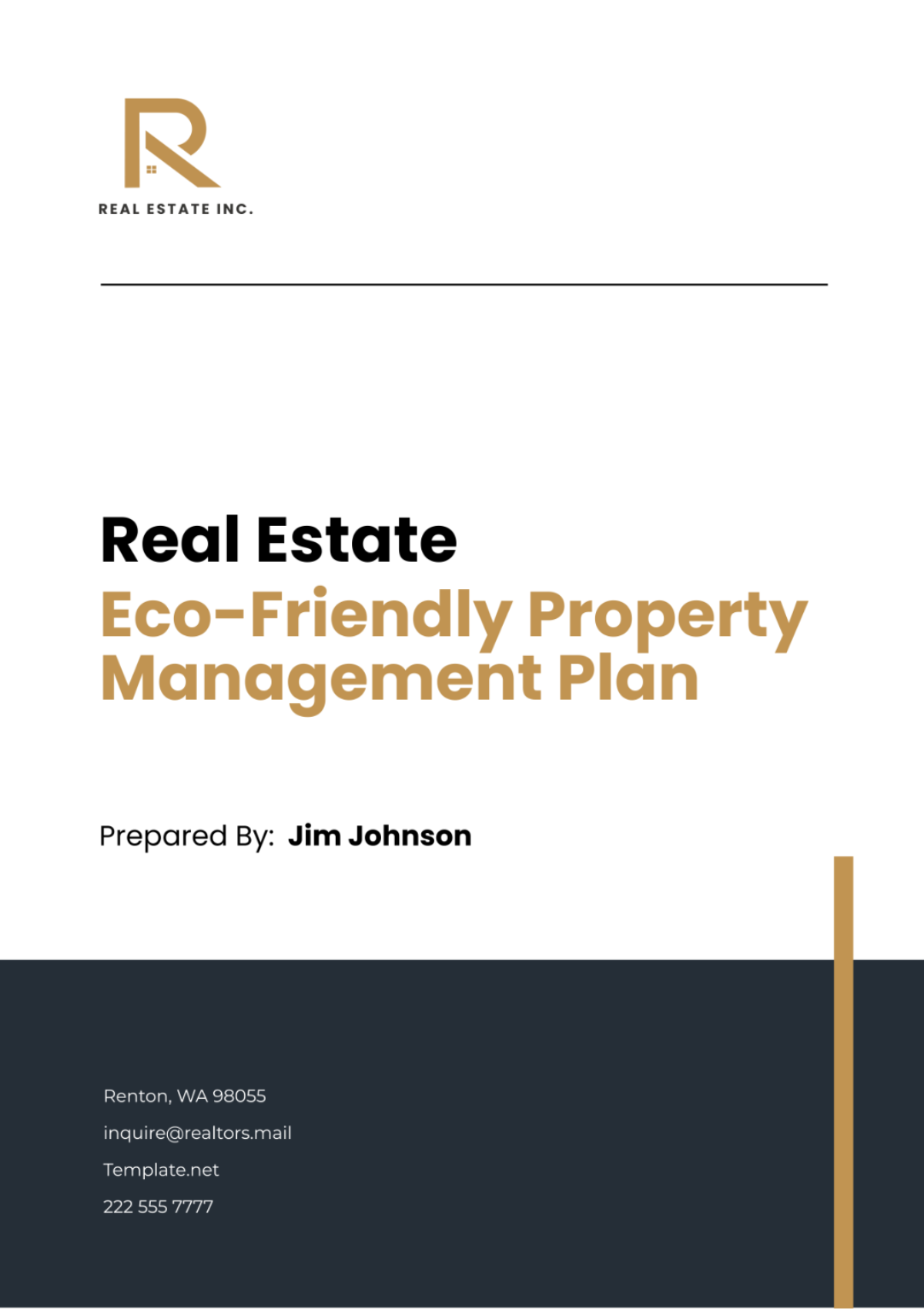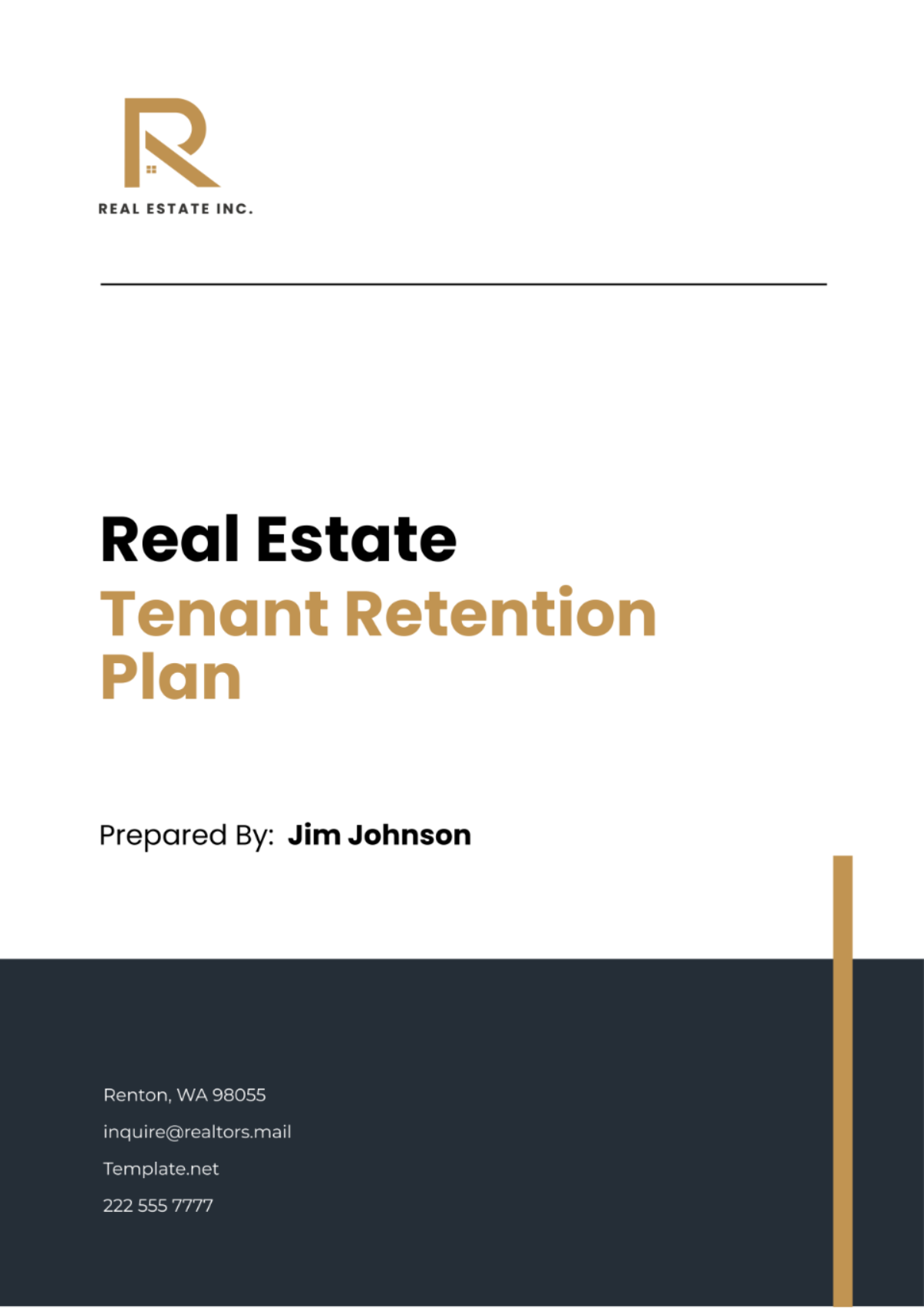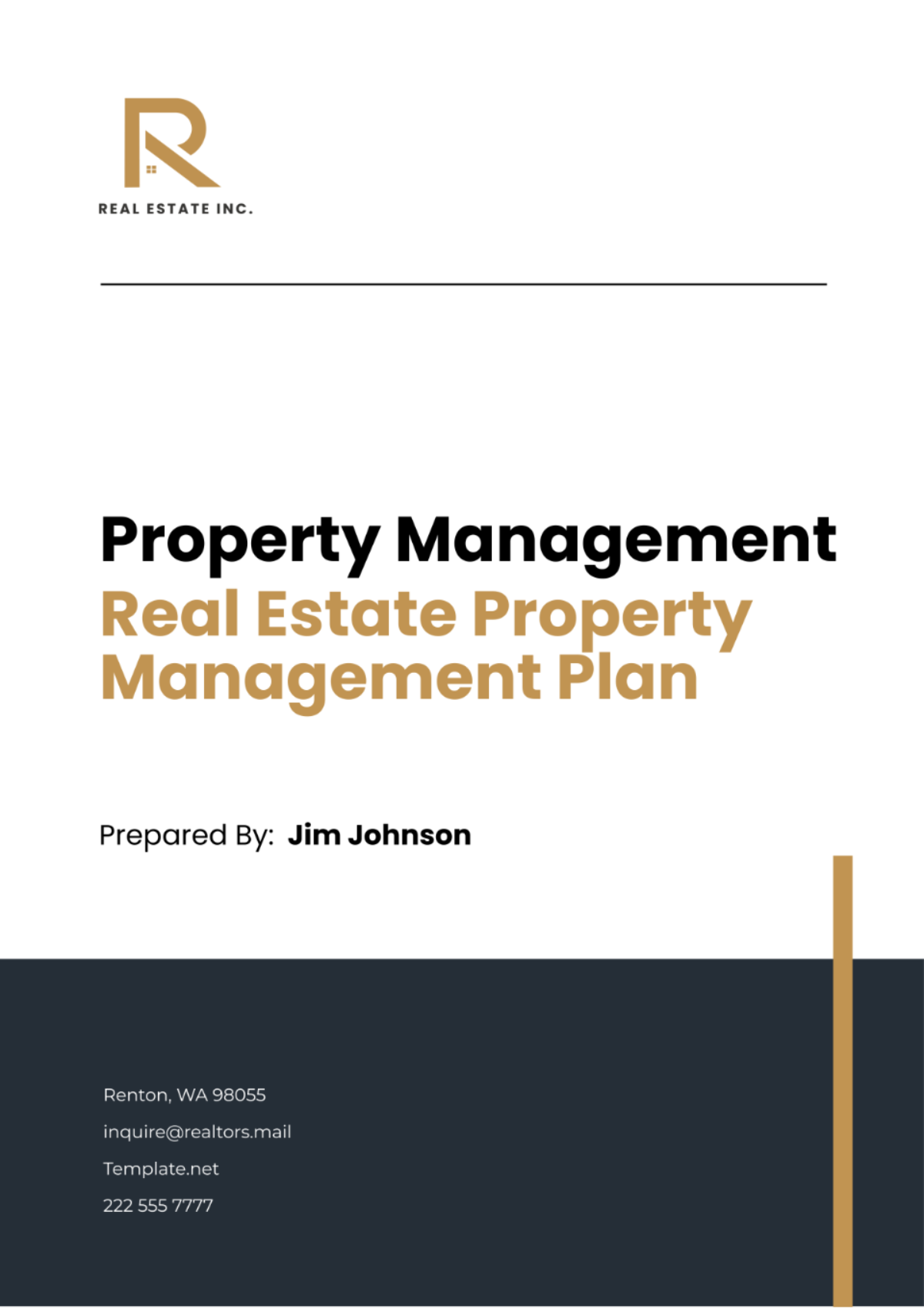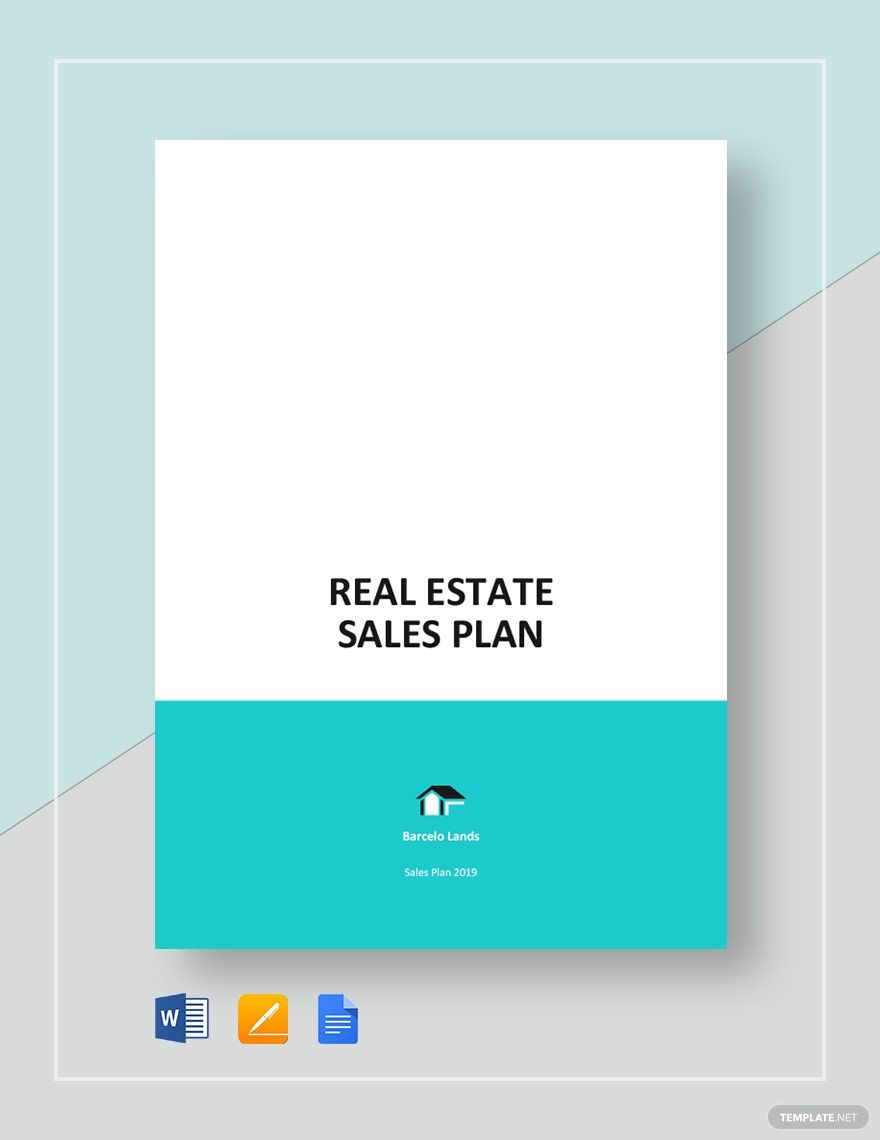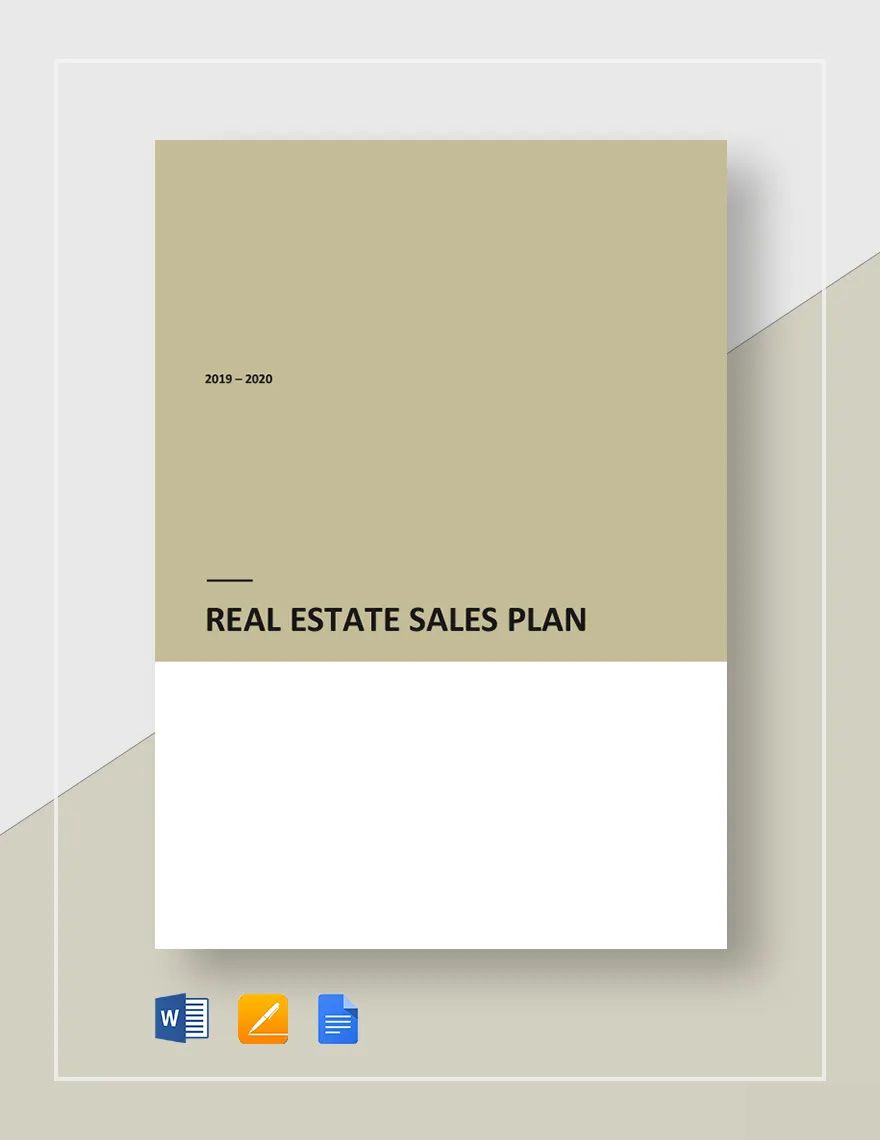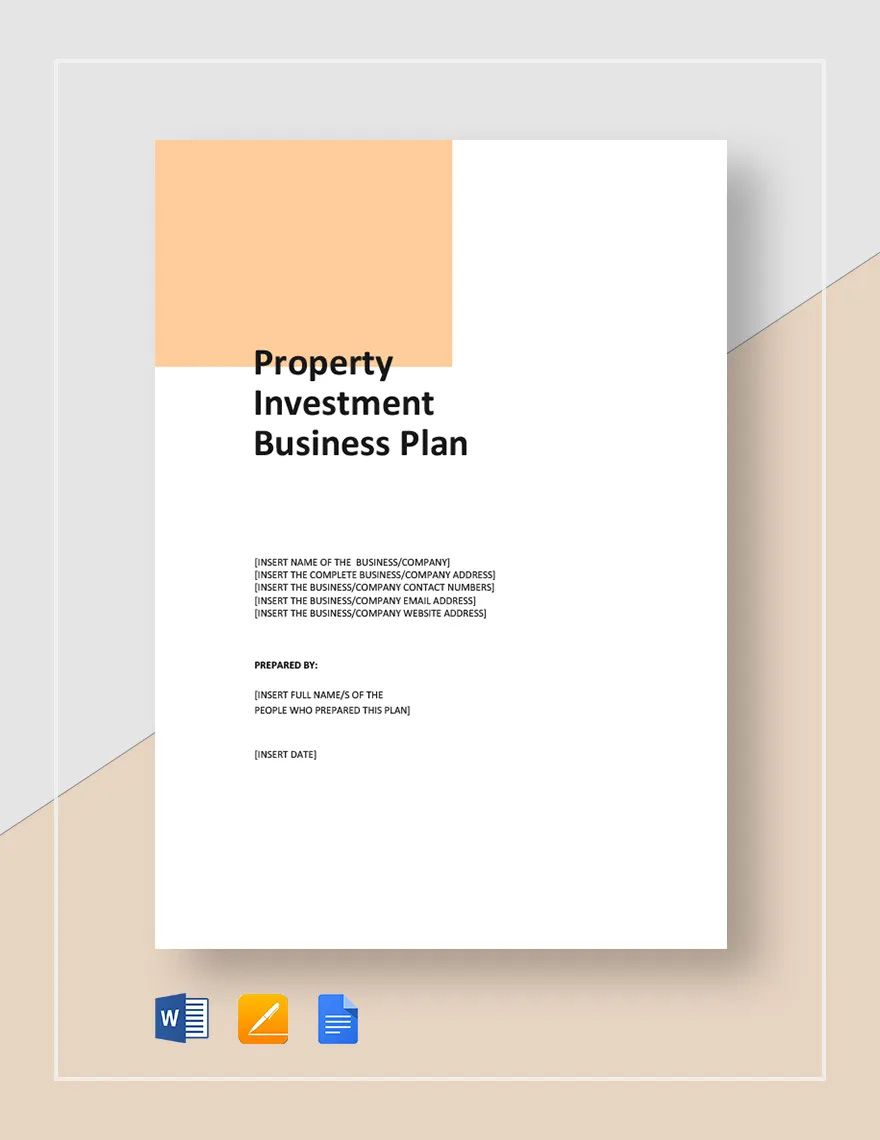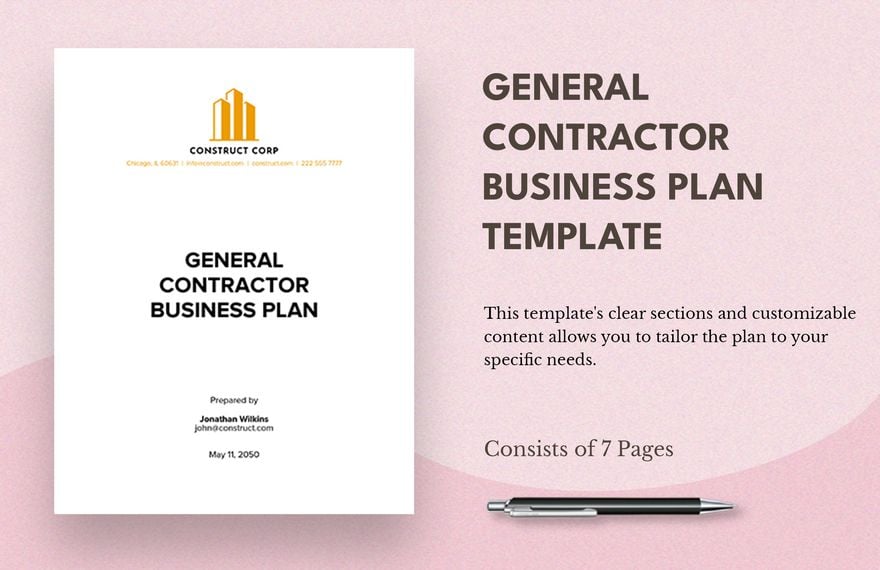Make Your Real Estate Plans Come to Life with Real Estate Plan Templates from Template.net
Bring your real estate visions to fruition with Real Estate Plan Templates from Template.net. Perfect for real estate professionals and aspiring investors alike, these templates allow you to keep your audience engaged, streamline project proposals, and enhance your presentations with ease. Whether you're looking to promote a new listing or send out an eye-catching invitation to an open house, Template.net provides a professional-grade solution. Each template includes essential details like time, date, location, and contact info, ensuring you're always informative and credible. There's no need for advanced design skills, as these templates offer customizable layouts for social media, print, or digital distribution.
Discover the many Real Estate Plan Templates we have on hand, ready to make your projects shine. Start by selecting a template and easily swap in your own photos and logos, while tweaking colors and fonts to match your brand’s style. You can even drag-and-drop icons and graphics or add animated effects to make each plan truly stand out. With AI-powered text tools, creating engaging content has never been easier, making your options limitless and skill-barrier-free. Template.net’s library is regularly updated, offering fresh designs to keep your projects current and compelling. When you're finished, download or share effortlessly via print, email, or a unique link, ensuring your projects reach the right audience.


